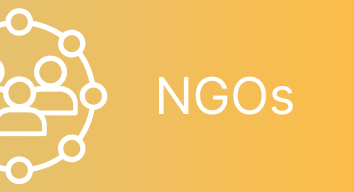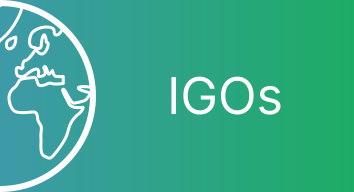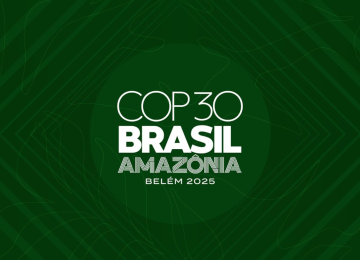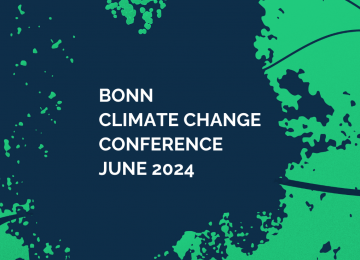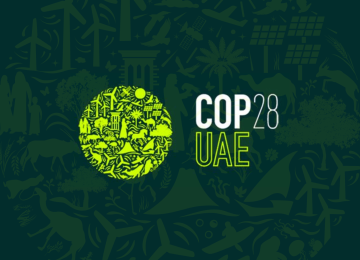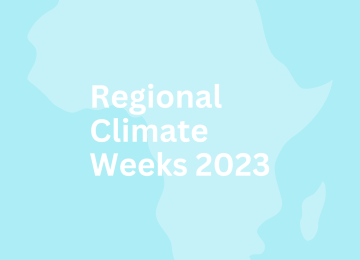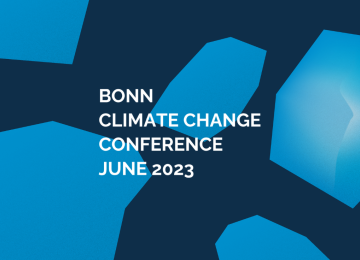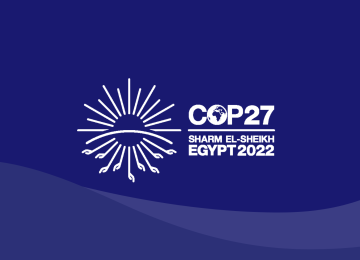Transparency engaging Parties and non-Party stakeholders
Launched in 2022 at COP27 (Sharm El Sheikh) by the UNFCCC secretariat, the #Together4Transparency collaborative initiative unites several groups of stakeholders committed to joining forces in the implementation of the Enhanced Transparency Framework (ETF), recognizing that all actors play a role in ensuring the success of the Paris Agreement.
Since its inception, many events and trainings have been organized to advance transparency’s work. COPs are the main event of the year for #Together4Transparency, where targeted activities are organized for Heads of State, ministers, senior government officials, technical experts, intergovernmental organizations, support providers and non-Party stakeholders to come together to ensure the successful implementation of the ETF.
The #Together4Transparency initiative will continue to bring together high-level events, roundtables, official side events, mandated events, capacity-building sessions and hands-on training opportunities, involving Party and non-Party stakeholders under a single cohesive approach.
This is how each group connects with transparency's work:
|
|
Transparency is about helping countries understand the domestic potential for ambitious mitigation and adaptation action while identifying and responding to their needs. It establishes necessary institutional arrangements to ensure that adequate financial flows, technology transfer, capacity-building and development support can be directed and delivered in ways that best meet their needs. Transparency also provides a platform where countries share and learn from each other, create opportunities and forge new partnerships.
|
|
|
For NGOs, transparency is about access to better and more consistent data to inform conversations on progress on mitigation, adaptation and means of implementation and support at the national and collective levels. Strengthening the participation of non-state actors in the Enhanced Transparency Framework (ETF) offers new opportunities for cooperation and engagement, and thus contributes to building trust around the process.
|
|
|
Climate communication plays a key role in raising public awareness, explaining the complexity of climate change, shining light on climate action by governments, combating the spread of misinformation and ultimately, addressing the climate crisis. Transparency processes are key to generating, sharing and analysing reliable data which can increase accountability of all countries in meeting their commitments under the Convention and the Paris Agreement.
|
|
|
Technical experts play a key role in supporting transparency through reporting and review of national reports of Parties. In reporting, experts develop detailed reports including accurate data and information on GHG emissions, progress toward targets and levels of support. During technical reviews, they contribute to ensuring the transparency, completeness and consistency of reported information.
|
|
|
Young people want certainty about their future and the future of the planet. Transparency offers them the opportunity to improve their understanding of climate change, advocate for intergenerational equity and make accountable decision-makers for greater ambition. Transparency also seeks spaces where young people can explore, engage and collaborate. |
|
|
Intergovernmental organisations, UN agencies and other multilateral institutions contribute to greater transparency of international climate action by working in collaboration with Parties, assisting with developing and strengthening of institutional, system and national capacities to generate and analyse robust climate data, particularly in developing countries. |
|
|
Greater transparency of climate action and support helps businesses that are contributing to efforts for low-carbon and resilient economies. By providing relevant data and information on their processes and impacts, transparency can help the private sector make sound investment choices, improve efficiency, reduce GHG emissions, identify and address risks and align financial flows with the objectives of the Paris Agreement. As more and more businesses adopt net zero pledges and targets, transparency also helps track their progress toward achieving these goals.
|


